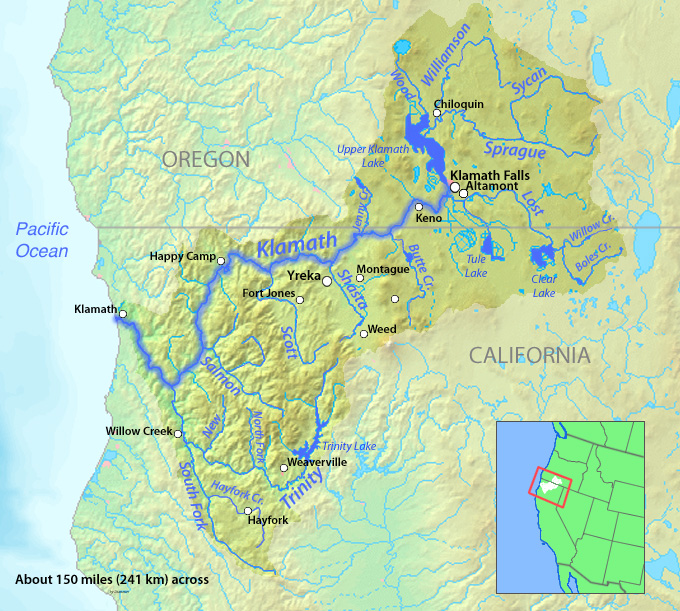
LeMonie Hutt is a member of the Hoopa Tribe and the Yurok and Karuk Tribes in Northern California. When she was younger, she ate fish, venison and other nutritious foods directly from the reservation, but as she got older she saw the foods disappear from the table.
The tribe relies on the Klamath River for many resources, including salmon. Four dams along the river have severely impacted the salmon supply. Dams prevent fish migration, disorient fish by slowing river flow and worsen water quality. As a direct result of the dams, there were hundreds of dead salmon lying alongside the river.
“Our culture is very much intertwined with our environment,” Hutt said. “A lot of our ceremonies involve interacting with the river in some way, like the boat dance.”

Hutt remembers going to tribal council meetings with her mom, who served on the council when she was younger. She first testified in front of the California Water Board when she was just 8 years old, and has continued advocating for climate action since.
“I was like, I want to be a part of this, because I see so many people in my tribe who are dedicated to this cause,” Hutt said.
The dams, coupled with toxic algae blooms from California’s droughts and other impacts of climate change, make the water undrinkable.
“There were signs up saying, ‘Don’t let your dog drink this water because it’s toxic, and it’ll die,’” Hutt said. “It’s this constant reminder of your subordinate position in society, like you’re just not a community that the rest of American society cares about.”
But by the end of this year, the state will tear down the dams. In 2010, the owner of the dams agreed to demolish them after growing protests and pressure from nearby tribes and other climate activists.
“Being able to celebrate that as a people together has been incredibly meaningful,” Hutt said.
“There were signs up saying, ‘Don’t let your dog drink this water because it’s toxic, and it’ll die,’” Hutt said. “It’s this constant reminder of your subordinate position in society, like you’re just not a community that the rest of American society cares about.”
But by the end of this year, the state will tear down the dams. In 2010, the owner of the dams agreed to demolish them after growing protests and pressure from nearby tribes and other climate activists.
“Being able to celebrate that as a people together has been incredibly meaningful,” Hutt said.